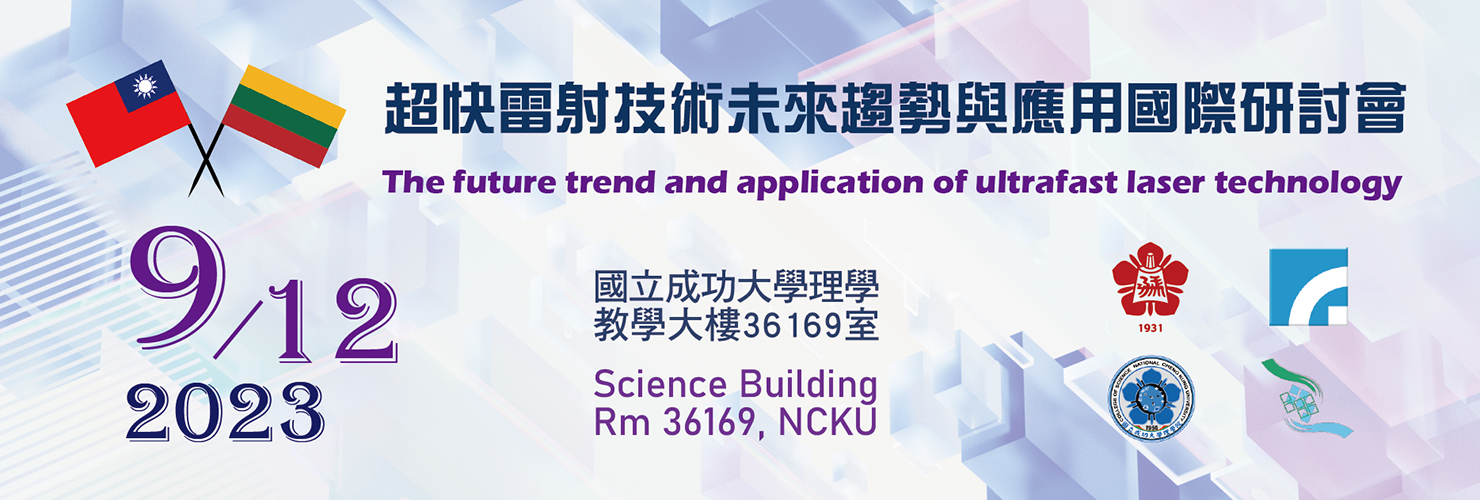Taiwan ERG Data Center
ERG (Exploration of energization and Radiation in Geospace)The mission is a magnetospheric science satellite project in Japan in recent years, mainly to explore the high-energy radiation zone of the Earth's magnetosphere, to understand the acceleration mechanism of the relativistic particles, and to find out the relationship between complex fluctuations and particles. Critical evidence. The satellite program is mainly led by the Japan Aerospace Exploration Agency (JAXA). The scientific payloads in the satellites are designed and manufactured by JAXA's Institute of Space Science (ISAS) and many universities in Japan. The establishment and follow-up research tasks were coordinated and planned by the Institute of Cosmic Earth Environment (ISEE) of Nagoya University, Japan. More than 30 units participated in the project, and the ERG Science Satellite was successfully launched on December 20, 2016. Empty, the ground receiving station also received satellite signals.
The Academia Sinica of Taiwan is honored to be invited to join the satellite mission at the end of 2013. It is also the first satellite cooperation between the Academia Sinica and the international heavyweight space research institute, and was formerly Dean of the Institute, Weng Qihui and ISAS Director, Mr. Toda Saku, on January 17, 2014. Sign the cooperation agreement, as shown in Figure 1. The project was jointly invested by the Institute of Astronomy and Astrophysics (ASIAA) and the National Cheng Kung University (NCKU) of the Academia Sinica and the National Cheng Kung University (NCKU) to form the ERG Taiwan team. The moderator was chaired by Academician He Zengpu from the Academia Sinica, ASIIA Wang Xiangyu, deputy director and NCKU Space and Prof. Yongzheng, the Institute of Plasma Science, is the executive director of the bilateral unit, and is fully committed to the ERG satellite to measure the low-energy electron distribution (LEP-e), which includes design, development, and subsequent information. The format setting is fully responsible by the Taiwan team and is a rare opportunity for cooperation. After the launch of the satellite, it will become the farthest new record (about 30,000 kilometers) from Taiwan's self-made scientific payload.
Taiwan ERG Data Center:
ERG into a large team:
- Institute of Space and Plasma Science Professor Yong Yongzhen (Executive Director), Professor Xiang Keqiang, Assistant Professor Zhang Boyu
- Department of Mathematics Professor Xu Ruilin, Associate Professor Guo Hongwen





